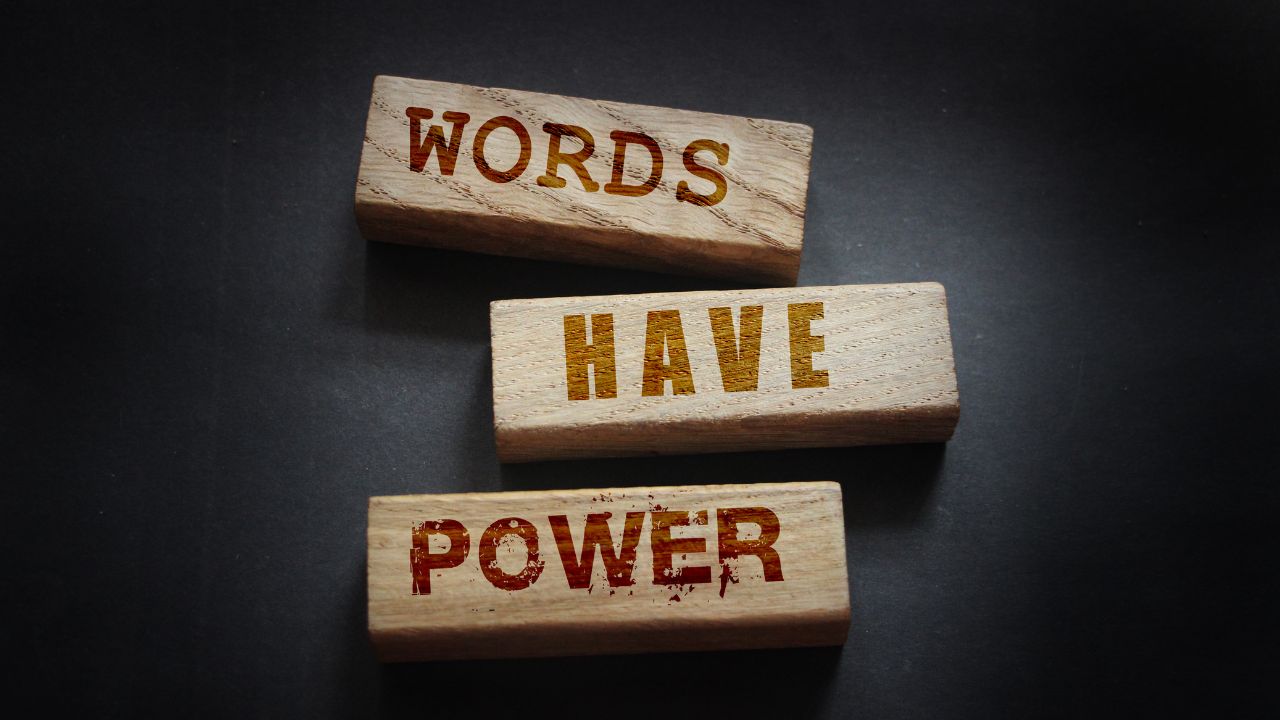Most people will never have to write a eulogy, but if you find yourself in that position, it’s important to know how to do it well. In this post, we’ll give you tips on how to write a eulogy that pays tribute to the person who has passed away. We’ll also share examples of eulogies that are both moving and memorable.
What is a eulogy
A eulogy is a speech or written tribute that is given at a memorial service in honor of the life and accomplishments of a loved one who has passed away. Often, eulogies are written by close family members or friends of the deceased, and they are a way to share important memories, stories, and lessons that were learned from their time together.
Eulogies are typically celebratory in nature, highlighting the positive contributions and achievements of the person who has died. And although it can be difficult to speak about death and loss in front of an audience, eulogies play an important role in helping us to heal from grief and remember those we love.
Ultimately, a eulogy can be both a means of remembrance and an expression of gratitude for all the person meant to us during their life on earth.
Why write a eulogy
Writing a eulogy is one of the most important things we can do as human beings. It gives us the opportunity to reflect on the life of a loved one and honor the many contributions that they have made to the world.
At its most fundamental level, a eulogy imparts lessons about how to live our own lives, reminding us of our shared humanity and the power of empathy and compassion. It also allows us to express our grief and find comfort in sharing memories with others.
In this way, writing a eulogy can be transformative for ourselves and those around us, allowing us to come together in times of sorrow and pain. Whatever our reasons for writing a eulogy, there is no doubt that it is one of the most meaningful tasks we can undertake.
And let us hope that by doing so, we can not only celebrate those who have passed away but also honor their memory by living our best lives.
How to write a eulogy
Writing a eulogy is always a difficult task, particularly when you’re trying to capture the essence of a loved one in just a few short paragraphs. However, with careful thought and planning, it is possible to craft an eloquent and moving tribute that genuinely captures the essence of your loved one’s life.
To start, it’s important to understand your subject and what made them such an important person in your life. What qualities did they possess that inspired you? What were their passions and interests? Thinking deeply about these questions can help you create a portrait of your loved one as more than just a list of accomplishments or roles they played throughout their life.
Once you have a clear picture of this person, think about how best to express those qualities through words. Usually, a mix of nostalgic moments interspersed with personal anecdotes is the most effective way to go. Remember to keep the tone informal and heartwarming – after all, this isn’t just any speech – it’s someone’s final goodbye.
From there, let the words flow freely – it’s often easiest to write from the heart instead of worrying too much about getting every little detail perfect on paper. And above all else, be sure to take the time to edit and revise your eulogy until you’re happy with it.
Speaking at a memorial service can be daunting, but if you take the time to prepare and write from the heart, you can create a moving and memorable eulogy.
What to include in a eulogy
Eulogies are one of the most personal and intimate forms of speech. They are an opportunity to reflect on the life of a loved one and to share cherished memories with others. When preparing a eulogy, it is important to choose words that reflect the character and spirit of the person being remembered. Here are some things to keep in mind when crafting a eulogy:
1. Think about what made the person unique. What were their quirks and passions? How did they make those around them feel?
2. Share stories that illustrate the person’s character. Anecdotes that make people laugh or cry are often some of the most memorable.
3. Keep it personal. A eulogy is not the time to share general platitudes or made-up statistics. Instead, focus on your relationship with the deceased and what they meant to you.
4. Choose your words carefully. Eulogies are often delivered in a time of grief, so it is important to choose a respectful and compassionate language.
5. Keep it short. Eulogies are not meant to be lengthy speeches; instead, they should be heartfelt reflections that capture the essence of
Eulogy Examples
Example #1
Dear friends and family,
Today we gather to celebrate the life of John Smith, a beloved husband, father, and friend.
John was a kind and compassionate man who deeply loved his family and friends. He was always ready with a listening ear or a helping hand whenever they were needed.
John was also a man of great faith. He was a devoted member of his church and took great comfort in his relationship with God.
John was an avid outdoorsman and enjoyed nothing more than spending time in nature, fishing, hiking, or just taking a stroll through the park.
He will be deeply missed by all who knew and loved him.
Thank you all for being here today to honor John’s memory.
Sample #2
Dear friends and family,
With great sadness, we say goodbye to our mother, grandmother, sister, and friend, Jane Doe.
Jane was a loving and devoted wife and mother. She was always there for her family, whether cooking a meal, lending a shoulder to cry on, or just sharing a laugh.
Jane was also a woman of great faith. She was an active member of her church and cherished her time worshiping and praying with her friends.
In addition to her love for her family and faith, Jane had a passion for gardening. She loved spending time in her garden, tending to her plants, and sharing her flowers with others.
Jane was a kind and loving woman who would be deeply missed by all who knew her.
Thank you all for being here today as we remember Jane’s life.
Example #3
Dear friends and family,
We are here today to celebrate the life of our father, grandfather, brother, and friend, James Doe.
James was a hard-working man who was always there for his family. He was a devoted husband and father who loved spending time with his wife and children. He was also a loving grandfather who enjoyed spoiling his grandchildren.
James was a faithful man who had a deep love for God and the church. He was always ready to lend a helping hand or offer words of encouragement to those in need.
James loved spending time outdoors, whether taking a hike with his family, tending to his garden, or just sitting outside on a warm summer day.
He was a kind and generous man who will be deeply missed by all who knew him.
Thank you all for being here to honor James’s memory. We love you, dad.
A great choice: How to Write Manifestations
Tips for delivering a eulogy
There is no definitive way to deliver a eulogy, as everyone will have their unique style and approach. However, if you would like to give a heartfelt and eloquent speech at the funeral of a loved one, here are some tips for delivering a successful eulogy:
1. Begin by sharing personal memories and anecdotes about the person who has passed away. This will help to connect your audience with the person and evoke feelings of sympathy and empathy.
2. Select only a few key points or themes to focus on so that your message remains clear and concise. It’s best not to overload your eulogy with too many details or anecdotes, as this can make it feel overcrowded or disjointed.
3. Express gratitude for the love, support, and kindness that the deceased individual showed during their lifetime. This will bring comfort to relatives and friends who are grieving and imbue your speech with an air of hope and positivity.
4. End your eulogy by reaffirming the positive impact that this individual had on your life and the lives of others around them. Reiterating what they taught you can help those in attendance to reflect on those lessons, even as they continue to process their grief.
5. Practice your eulogy out loud several times before delivering it to an audience. This will help you become more comfortable with the material and find areas where you may need to make edits or changes. And remember, a little bit of emotion is perfectly okay – in fact, it can often make your eulogy more powerful and effective.
In closing, if you want to deliver a moving and memorable eulogy, be sure to take the time to prepare yourself beforehand, share your personal stories and reflections about the person who has passed away, focus on the key themes of their life, express gratitude for all they have done, and end on an uplifting note. With these tips in mind, you can give a heartfelt and eloquent eulogy that will honor your loved one and comfort those in attendance.










